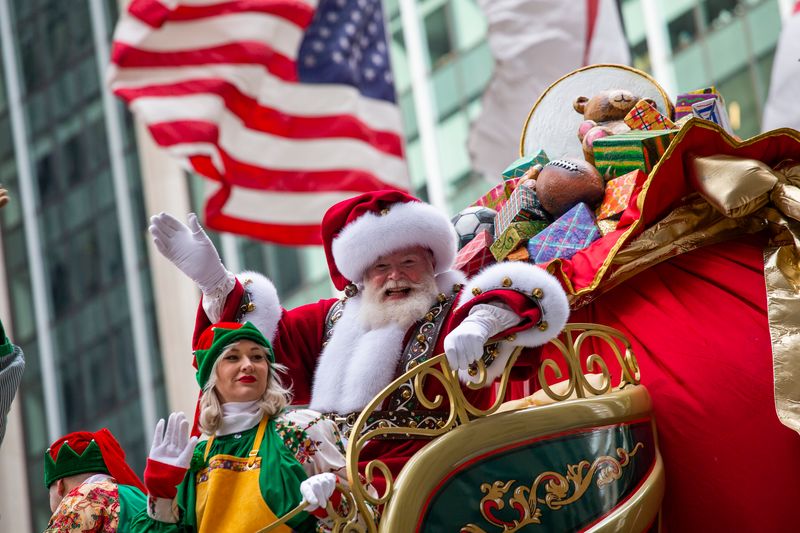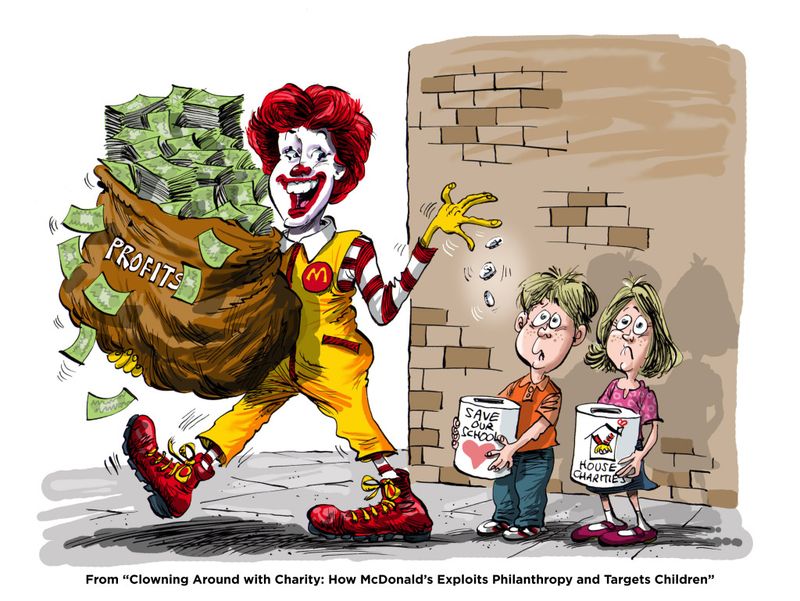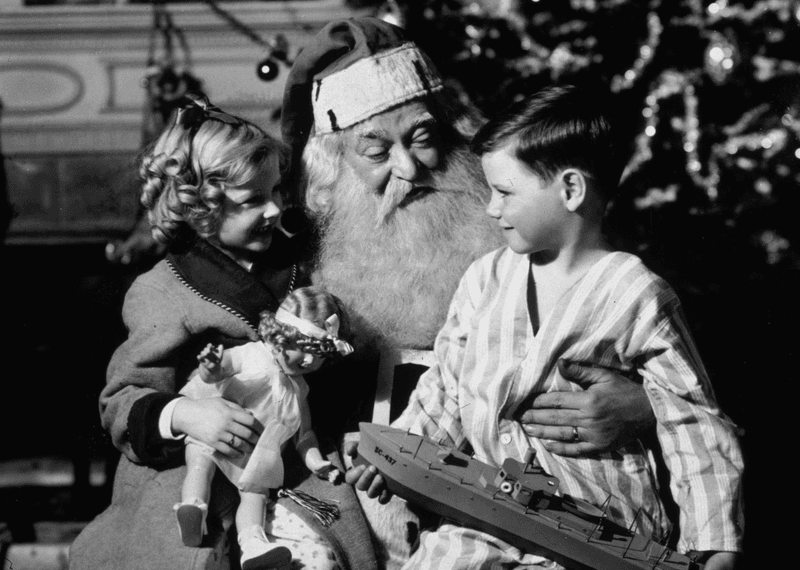Imagine waking up on Christmas morning not to the laughter of loved ones and the joy of giving, but to the stress of skyrocketing prices and the pressure to buy the perfect gift.
What was once a heartwarming celebration of togetherness and generosity has transformed into a battleground of consumerism and materialism.
Have you ever felt the magic of the holidays slipping away under the weight of endless shopping lists and flashy advertisements? You’re not alone.
In this eye-opening article, we uncover the dark side of Christmas commercialization, revealing ten ways it’s undermining the cherished traditions that make the season truly special.
From the relentless push to spend more than you can afford to the overshadowing of timeless customs by trendy, market-driven trends, these insights will make you rethink how you celebrate.
But it’s not all doom and gloom, discover practical strategies to reclaim the true spirit of Christmas and restore the warmth and meaning that define this beloved holiday.
Join us as we navigate the challenges of modern Christmas and explore how you can bring back the joy and simplicity that make this season magical.
1. The Gift-Giving Pressure
The tradition of gift-giving during Christmas has transformed into an obligation, pressuring individuals to purchase expensive presents. This pressure can lead to financial strain and anxiety, overshadowing the joy of heartfelt giving.
Parents feel compelled to meet their children’s expectations, often fueled by advertisements showcasing the latest must-have items. While the original intention was to express love and appreciation, the focus has shifted to the monetary value of gifts.
This shift is detrimental to the holiday spirit, replacing genuine connections with commercial transactions. Reclaiming the joy of simple, meaningful presents can help restore the true essence of Christmas.
2. Holiday Sales Frenzy
The frenzy for holiday sales peaks during Christmas, with Black Friday and Cyber Monday kicking off the spree. Retailers fuel this consumerist drive, bombarding shoppers with irresistible deals.
The focus on buying more for less diminishes the anticipation and excitement of the festive season. Instead of cherishing time with loved ones, people are enticed to stand in long queues.
This focus on material gain overshadows the holiday’s core values of gratitude and togetherness.
By resisting the allure of discounts, individuals can prioritize experiences over possessions, thus preserving the sanctity of Christmas and fostering a more meaningful celebration.
3. Over-the-Top Decorations
Christmas decorations have evolved into extravagant displays, with homeowners competing to outshine each other. The simplicity of traditional ornaments and natural greenery is often replaced by excessive lights and inflatable figures.
This trend is not only costly but also environmentally unfriendly, contributing to light pollution and increased energy consumption. Furthermore, the competitive nature of these displays can overshadow the community spirit intended by such decorations.
Emphasizing sustainability and moderation in holiday decorations can help realign Christmas with its intended values. Choosing handmade or eco-friendly options can enhance the festive atmosphere without succumbing to commercial excess.
4. The Santa Claus Myth
The figure of Santa Claus has been commercialized to the extent that his image is synonymous with sales promotions.
Originally rooted in folklore and tradition, Santa now primarily serves as a marketing tool to entice children and their parents to buy more. This shift detracts from the cultural and historical significance of the character.
Parents are pressured to maintain this myth to meet commercial expectations, which can overshadow the true meaning of Christmas.
Fostering a balance between the magic of Santa and the holiday’s core values can help preserve this tradition’s integrity, nurturing both wonder and understanding.
5. Holiday Travel Stress
The anticipation of holiday travel often turns stressful, with crowded airports and long delays being common issues. Commercial airlines capitalize on this demand, often raising prices and overbooking flights.
The stress and expense associated with holiday travel can overshadow the joy of reuniting with family. This commercialization of travel detracts from the spirit of togetherness.
Planning trips ahead and setting realistic expectations can mitigate stress, allowing families to focus more on meaningful interactions.
Embracing local traditions or virtual connections might also offer alternative ways to celebrate, keeping the essence of family bonding intact during Christmas.
6. The Rise of Christmas Movies
Christmas movies have become a staple of the holiday season, with new releases every year capitalizing on nostalgic themes.
While they offer entertainment, the commercialization of these films often perpetuates unrealistic expectations of Christmas. The idealized portrayals can lead to pressure to create a perfect holiday experience.
Moreover, heavy marketing of holiday merchandise tied to these films further promotes consumerism. Instead of focusing solely on these commercial offerings, families can explore diverse traditions and create their own meaningful stories.
Balancing screen time with real-life experiences can enrich the holiday spirit, fostering authentic connections and joyful memories.
7. The Food Industry’s Influence
The commercialization of Christmas extends to the food industry, with holiday-themed products dominating store shelves. This trend promotes overconsumption and unhealthy eating habits, as people are tempted to indulge in festive treats.
The association of food with celebration is natural, but the focus on quantity over quality detracts from the holiday’s deeper meaning.
The pressure to purchase pre-packaged, themed foods can overshadow traditional, homemade dishes that carry cultural significance.
Emphasizing mindful eating and spending time preparing meals with loved ones can help preserve culinary traditions, making the experience more personal and reflective of Christmas values.
8. Charities and Commercialization
While Christmas is a time for giving, the commercialization of charitable acts is increasingly visible. Corporate sponsorships and branded charity events can detract from the genuine spirit of helping others.
These initiatives, while beneficial, often focus more on brand image than authentic generosity. This shift can lead to skepticism and reduced impact.
Encouraging personal involvement and supporting grassroots initiatives can foster a more meaningful approach to giving.
By prioritizing direct contributions and community engagement, individuals can resist commercial influences, ensuring that the true essence of charity, compassion and altruism, remains at the heart of Christmas celebrations.
9. Loss of Traditional Songs
Traditional Christmas carols are often overshadowed by modern, commercially produced holiday music. The familiar tunes that once brought communities together are now frequently replaced by pop renditions.
This shift reflects broader commercialization trends, diluting the cultural and historical significance of these songs. The focus on commercially successful music sidelines local traditions and unique interpretations.
Encouraging communities to revive and share traditional carols can enhance the festive atmosphere, preserving cultural heritage.
By organizing local singing events and supporting artists who honor these traditions, the rich tapestry of Christmas music can be celebrated and cherished anew.
10. The Environmental Impact
The environmental impact of Christmas is significant, with waste generation peaking during the holiday season. The demand for disposable decorations, wrapping paper, and single-use products contributes to this issue.
Commercialization encourages excess, leading to overconsumption and environmental degradation. The tradition of using real Christmas trees, though biodegradable, also adds to the problem when not disposed of sustainably.
Raising awareness about eco-friendly practices and opting for reusable or recyclable materials can reduce this impact.
By making conscious choices and educating others, individuals can celebrate Christmas in a manner that respects both the planet and holiday traditions.










